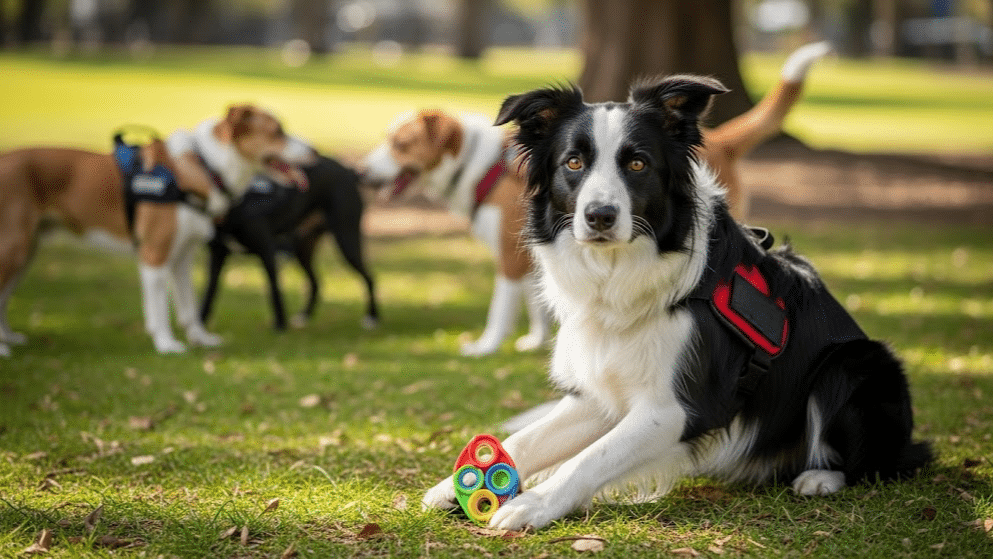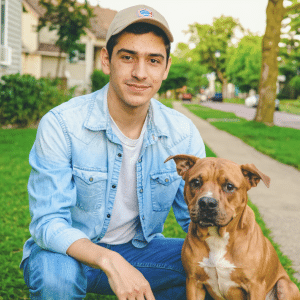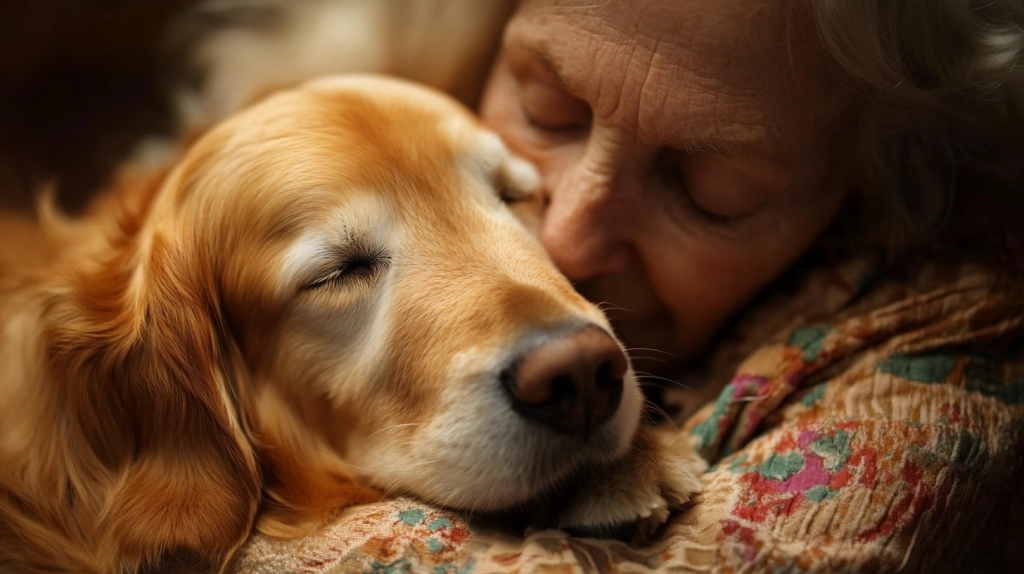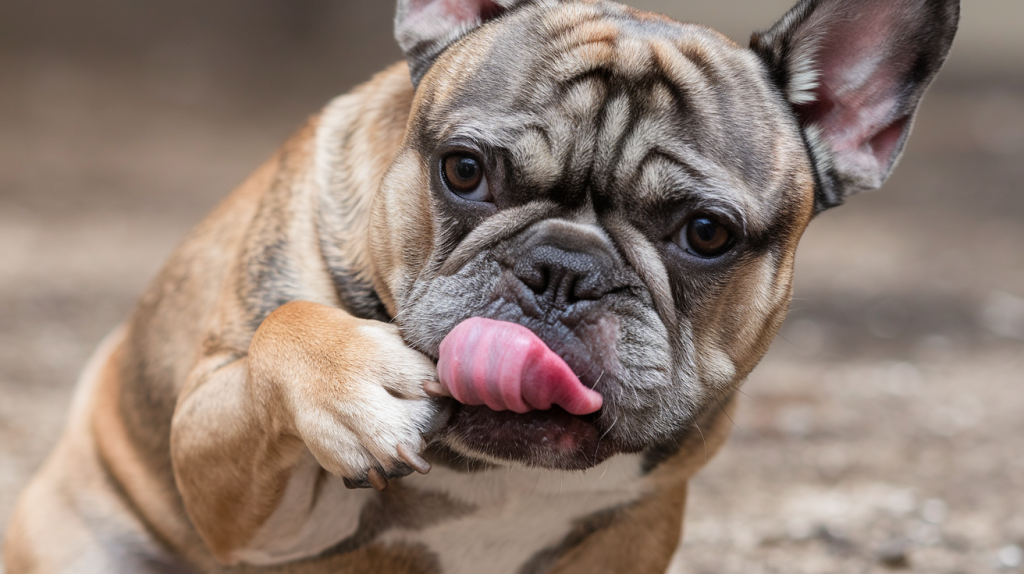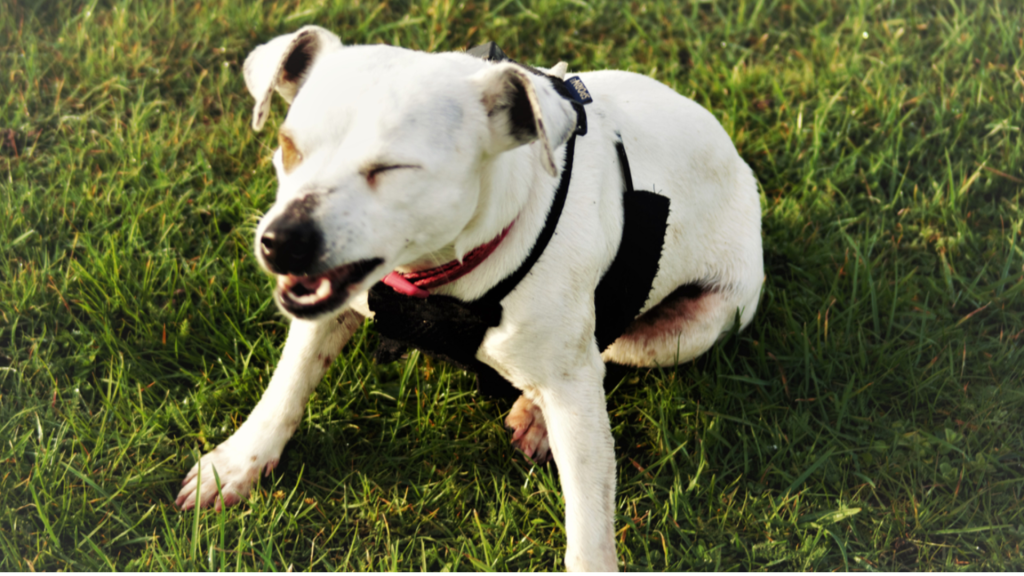Does your dog spin in circles for hours? Do they avoid eye contact and seem lost in their own world?
Many pet owners notice these odd behaviors but brush them off as quirks. Yet these could be signs of something more serious. Canine autism isn’t widely discussed, but it’s real.
Dogs can show autism-like behaviors that affect how they interact with their world. Recognizing these signs early can make a huge difference in your pet’s quality of life.
This blog will show you the key warning signs of an autistic dog that no owner should ignore.
You’ll learn what to watch for and when to seek help. Your furry friend deserves the best care possible, and it starts with understanding these important signals.
Concept of Autism in Dogs
Autism in dogs works differently than in humans. But the similarities are striking. Dogs with autism-like conditions often struggle with social interactions and show repetitive behaviors.
Scientists call it “canine dysfunctional behavior” rather than autism. The symptoms mirror what we see in people with autism spectrum disorders. These dogs may have trouble reading social cues from other dogs and humans.
The condition affects how dogs process information from their environment. They might get overwhelmed by sounds, lights, or touch. Some dogs become fixated on certain objects or routines.
Research is still growing in this area. Veterinary behaviorists are learning more each year.
What we do know is that early recognition helps. Understanding these behaviors as medical conditions rather than bad habits changes everything. It opens doors to better treatment and a happier life for affected dogs.
Key Signs and Symptoms of Autism-Like Behaviors in Dogs

Spotting autism in dogs requires careful observation. The signs often develop early but can be subtle at first. Here are the main behaviors that signal your dog might need professional evaluation.
Social Interaction Difficulties
Dogs with autism-like behaviors struggle with basic social skills. They don’t pick up on normal dog communication signals. This affects how they relate to both humans and other pets.
Common social challenges include:
- Avoiding eye contact with owners and strangers
- Showing little interest in playing with other dogs
- Not responding to their name being called
Repetitive and Compulsive Behaviors
An autistic dog often shows repetitive actions that seem pointless. These behaviors can last for hours if not interrupted. They provide comfort but can become harmful over time.
Signs of autism in dogs include:
- Spinning in tight circles repeatedly
- Tail chasing that goes on too long
- Excessive licking of paws or objects
- Pacing the same path over and over
- Staring at walls or lights for extended periods
Sensory Sensitivities
Many dogs with autism in dogs show extreme reactions to everyday sounds and textures. Their senses seem overly sensitive to normal household activities.
Sensory issues often manifest as:
- Fear of vacuum cleaners or loud appliances
- Distress during thunderstorms or fireworks
- Overreaction to being touched unexpectedly
- Anxiety around bright lights or flashing screens
The Reasons Behind This Type of Behaviour
The exact causes of autism-like behaviors in dogs remain unclear. Scientists believe it’s a combination of genetic and environmental factors working together.
Genetics plays a major role. Some breeds show these behaviors more often than others.
Bull Terriers and German Shepherds appear more prone to repetitive actions. This suggests inherited traits might be involved.
Brain development issues could also contribute. Problems during pregnancy or early puppy development may affect how the brain forms. Infections, toxins, or nutritional deficiencies might play a part. Environmental stress adds another layer.
Traumatic experiences during critical growth periods can trigger these behaviors. Lack of proper socialization as a puppy makes things worse.
Some researchers think vaccines or medications might be factors. However, there’s no solid proof of this connection. More research is needed to understand the full picture.
Myths and Misconceptions About Autistic Dogs
Many false beliefs surround autism-like behaviors in dogs. These myths can prevent owners from getting proper help for their pets. Let’s clear up the most common misconceptions.
| Myth | Reality |
|---|---|
| Vaccines cause autism in dogs | No scientific evidence links vaccines to autistic dog behaviors. Vaccines are safe and necessary for pet health. |
| Only certain breeds get autism | Any breed can show autism-like behaviors, though some breeds may be more prone to specific symptoms. |
| These dogs are aggressive | Most dogs with autism-like traits are not aggressive. They’re often withdrawn or anxious instead. |
| It’s just bad training | These behaviors stem from neurological differences, not poor training or owner mistakes. |
| Dogs can’t have autism | While not identical to human autism, dogs do show similar behavioral patterns that need attention. |
| There’s no treatment | Behavioral therapy, environmental changes, and sometimes medication can help manage symptoms. |
Supporting Dogs that Show Autism-Like Behaviors
Dogs with autism-like traits need special care and understanding. The right support can help them live happier, calmer lives. Here are practical ways to help your pet thrive.
- Create a quiet, safe space where your dog can retreat when feeling overwhelmed
- Stick to consistent daily routines for feeding, walking, and bedtime
- Use positive training methods with lots of patience and small rewards
- Reduce loud noises and sudden changes in the household environment
- Provide mental stimulation through puzzle toys and gentle activities
- Work with a veterinary behaviorist for professional guidance
- Consider calming supplements or medications if recommended by your vet
- Allow your dog to approach social situations at their own pace
- Avoid forcing interactions with other dogs or strangers
Wrapping It Up
Recognizing autism-like behaviors in dogs isn’t about labeling your pet. It’s about understanding their unique needs and providing better care.
These signs we’ve discussed – from social struggles to repetitive behaviors – are your dog’s way of communicating their challenges. Every autistic dog deserves patience, love, and proper support. With the right approach, these special pets can live fulfilling lives.
What signs have you noticed in your dog?


